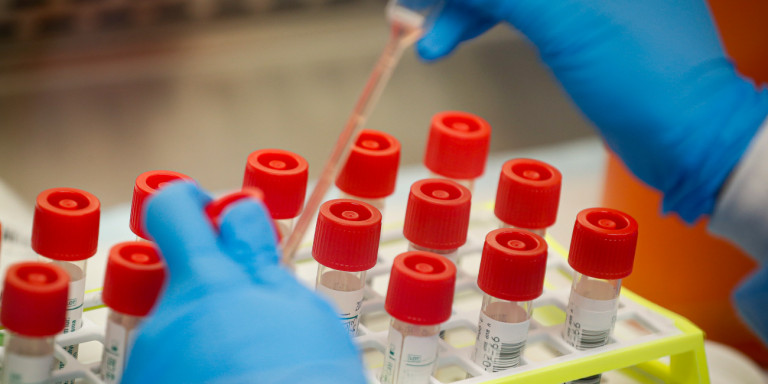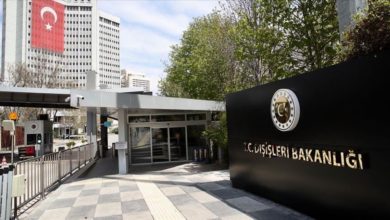
Greek scientists from the Athens School of Medicine who have joined dozens of renowned scientists at the Humanitas University in Italy, the University of Valencia in Spain and Yale University in the US, hope that the drug will reduce the risks of pulmonary complications and death related to the new coronavirus.
Several COVID-19 patients have had severe complications from a surge of activated immune cells in the lungs. Scientists are hoping the drug colchicine will work to moderate the overproduction of immune cells and their activating compounds — called cytokines — in COVID-19 patients.
If it proves to be successful, the drug — which is already used to treat gout and pericarditis (inflammation of the heart membrane), and is readily available and inexpensive — could become a key tool in the pandemic fight.
“We believe that timely administration [of colchicine] may reduce the aggressiveness of pneumonia and thus reduce the chances of the patient developing respiratory failure,” Gerasimos Siasos Vice President of the Athens School of Medicine and Associate Professor of Cardiology said.
He also added that colchicine will “reduce the likelihood of heart complications such as the myocardial injury observed in the majority of patients treated in intensive care units or the prevention of episodes of myocarditis of a complication observed in a proportion of patients who died.”
On March 23, researchers at the Montreal Heart Institute announced they are recruiting up to 6,000 Quebecers over the age of 40 who test positive for the novel coronavirus to study whether colchicine is effective.
“It’s inexpensive, it’s widely available and the reason why we think it might very well work is that it’s a powerful anti-inflammatory agent,” Dr. Jean-Claude Tardif, the institute’s research director, said in an interview with CBC Montreal’s Daybreak.




